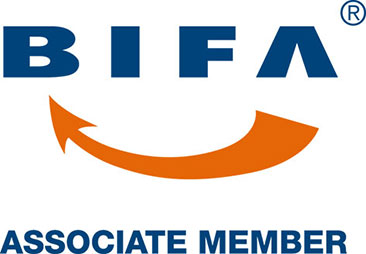Enforcement
If a CCJ has been issued against a defendant (the person who owes the money) and they do not pay the amount owed as ordered by the court, the creditor (the person or entity to whom the money is owed) may seek enforcement to recover the debt.
Enforcement refers to the legal methods available to a creditor to ensure that the debt is paid. Here are the primary enforcement options available for a CCJ:
Types of Enforcement
High Court Enforcement
We use High Court Enforcement Officers (also known as HCEO) to enforce debts with a value over £600. They can arrange payment plans at threat of seizing the debtor’s physical goods.
County Court Bailiffs
County Court Bailiffs are used to enforce on debts of under £600 and have similar powers and duties to HCEOs.
Attachment of Earnings
An Attachment of Earnings is an alternative type of enforcement where funds are deducted by the employer each month or week until the Judgment is satisfied. An Attachment of Earnings can only be applied if the debtor is not self-employed, the name and address of the employer will be required.
Charging Order
A charging order is when the court places a ‘charge’ on the debtor’s property, such as a house or piece of land. The charge will be the amount you are owed. The charging order does not normally mean you get your money straight away, but it may secure the debt for payment in the future.

Timescales & process
We action all instructions for enforcement as soon as possible. Timescales vary from case to case depending on the additional information available and the possibility of the defending entity being able to make payment.
Standard practice for enforcement officer cases is that they receive the instructions, transferring a county court judgment up to a high court writ for enforcement if need be. They will then make their own attempts at contacting the debtor. The first stages generally take 4-8 weeks. Thereafter, progress depends upon the debtor’s response and ability to pay.
Once we have confirmation of the debtor’s employment status, we can then make the application to court for an attachment of earnings order. This process can be time consuming and can face challenges from the defendant. We are unable to provide a time estimate on completing this process.

